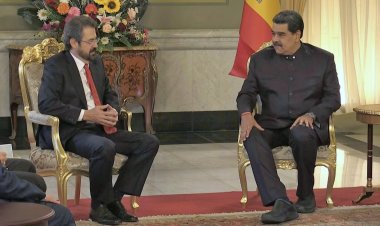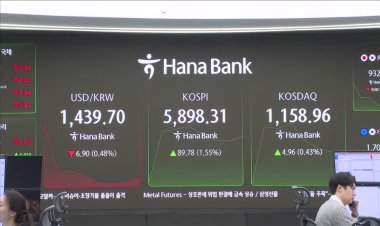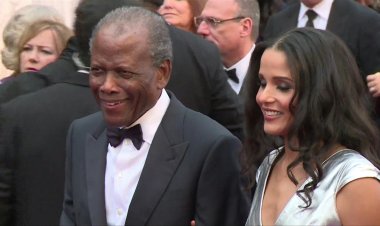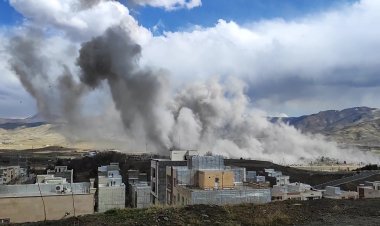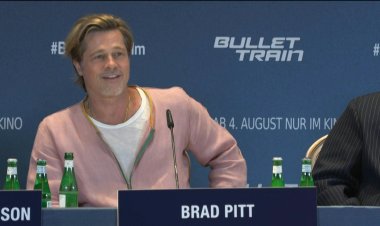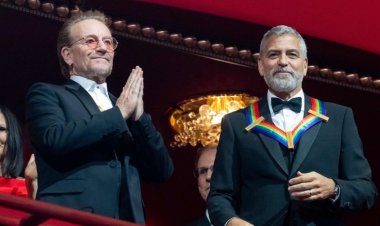Togo's Legislative Elections Under Shadow of Reforms
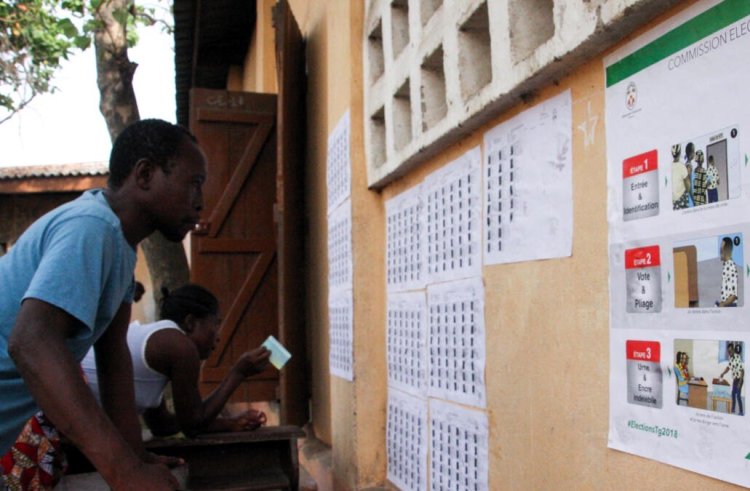
Before Togo held legislative elections, opposition and civil society had been torn between the desire to mobilize and the fear of repression since the adoption of a controversial constitutional reform.
Lawmakers approved a reform switching from a presidential to a parliamentary system that opposition parties say will allow President Faure Gnassingbe to extend his grip on power.
The opposition fears the creation of a new prime minister-style post will allow the Togolese leader to avoid term limits to stay in office.
"We shouldn't expect much from the elections, the ruling party has nothing to fear," Jean Yaovi Degli, lawyer and former parliament relations minister, said.
Though parties continue to campaign, hopes of a political transition following the April 29 election, postponed several times by the government, are slim.
Under the new system, lawmakers, rather than the people, will elect the president which would become a largely ceremonial role with a four-year term.
Power will effectively shift to the new post of president of the council of ministers, a kind of prime minister role, who would be the leader of the assembly's majority party.
Parliament is currently dominated by Gnassingbe's UNIR party. UNIR supporters counter that the shift to a parliamentary system will strengthen Togo's democracy.
Gnassingbe has been in power since 2005 after succeeding his father, who ruled the small West African state for nearly four decades after a coup.
Togo's Electoral Commission has refused to allow the Togolese Bishops' Conference to deploy election observers across the country.
Fifteen civil society organizations signed a declaration denouncing the reform as "illegitimate" and "illegal" and demanded a presidential election in 2025.
They are calling for a rally in the capital, Lome, on May 5.




